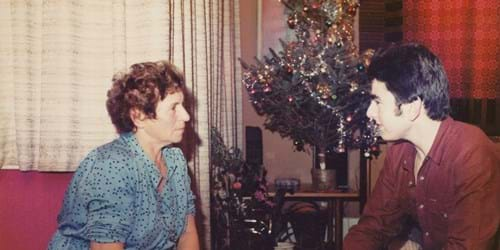While 25 December often involves a marathon of eating, Christmas Dinner is the centrepiece.
Turkey may seem like it has long been a staple of the meal but it’s actually a relatively new addition. Before the 1950s it was a luxury that most families could not afford.
Another vital element of the Christmas table is the cracker.
The first Christmas crackers were created in 1847 by Tom Smith to promote sweets. He was supposedly inspired by the sound of a log crackling in a fire.

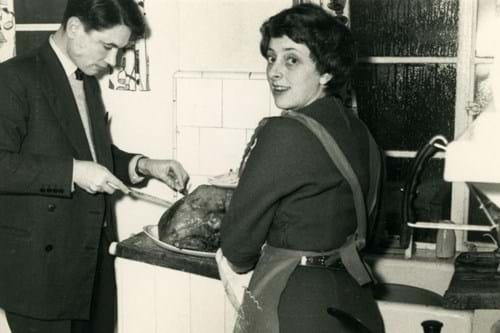
Decorating the house
Another Christmas tradition introduced by the Victorians is putting up and decorating a tree indoors.
The practice arrived with German members of the royal family and was made popular by Prince Albert, husband of Queen Victoria.
In the 1900s artificial trees were in vogue because they made much less mess than real trees and could be reused every year.
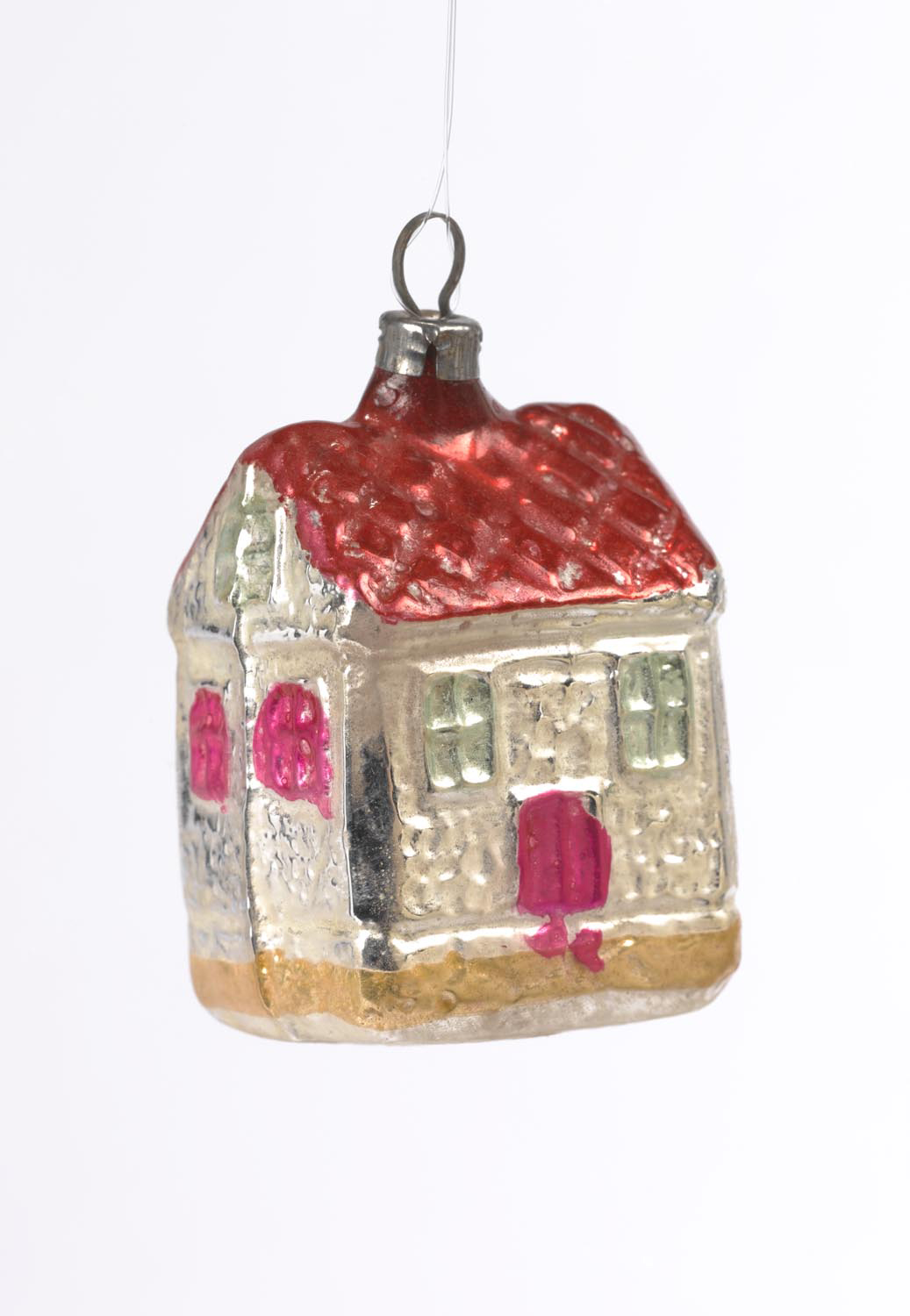
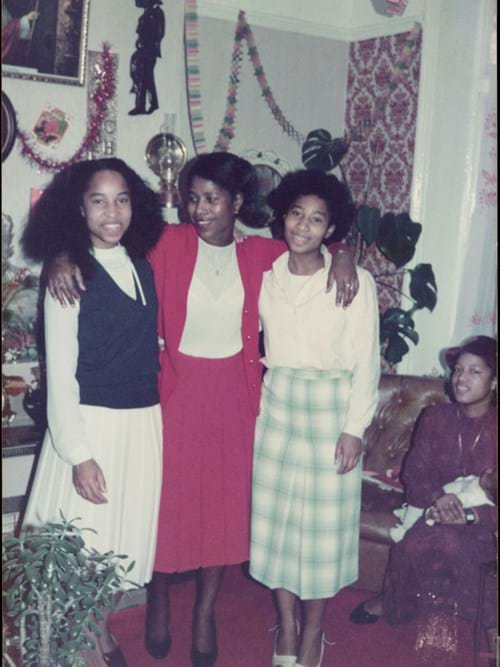

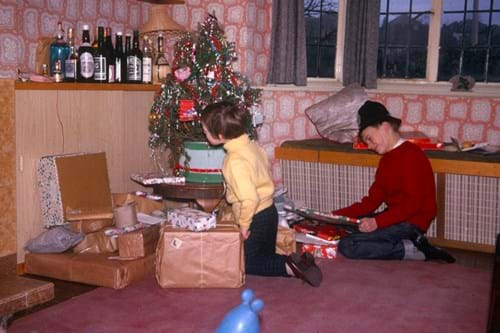
Trying something new
Technological improvements led to the creation of strings of electric lights designed to decorate the tree. These were much safer than the candles that had traditionally been used.
However, Christmas trees aren’t to everyone’s taste: some people prefer to put their decorations up around the house instead.
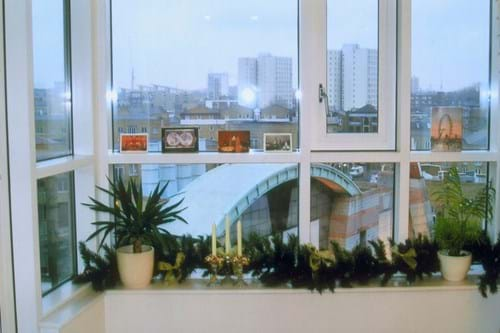

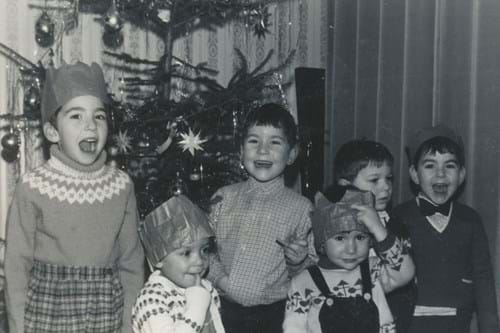
Christmas greetings
Henry Cole sent the first Christmas card in England in 1843. He printed thousands of copies of the card, which depicted his family, and sold them at the cost of a shilling each.
Sending Christmas cards grew in popularity as the price of postage decreased.
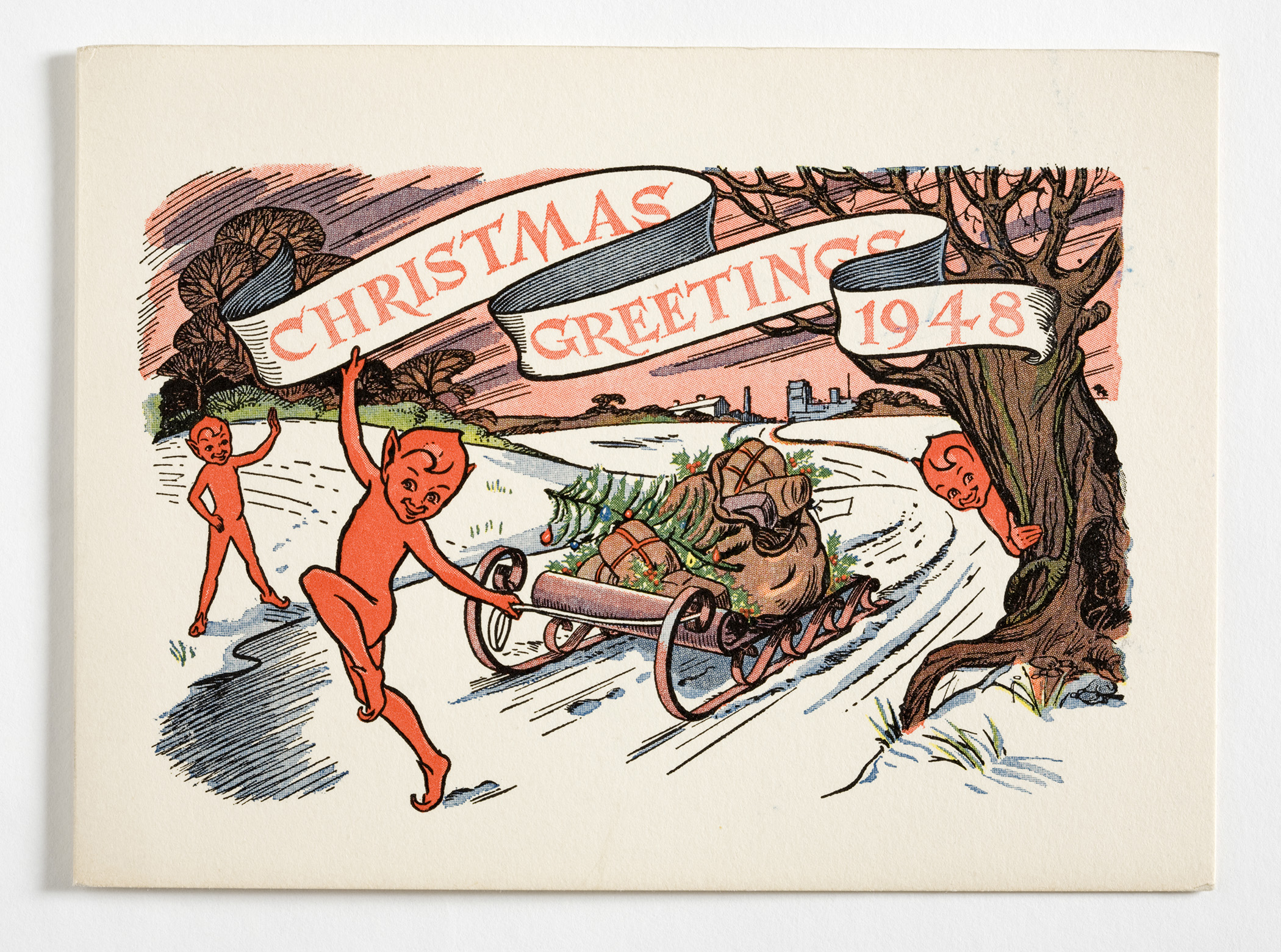
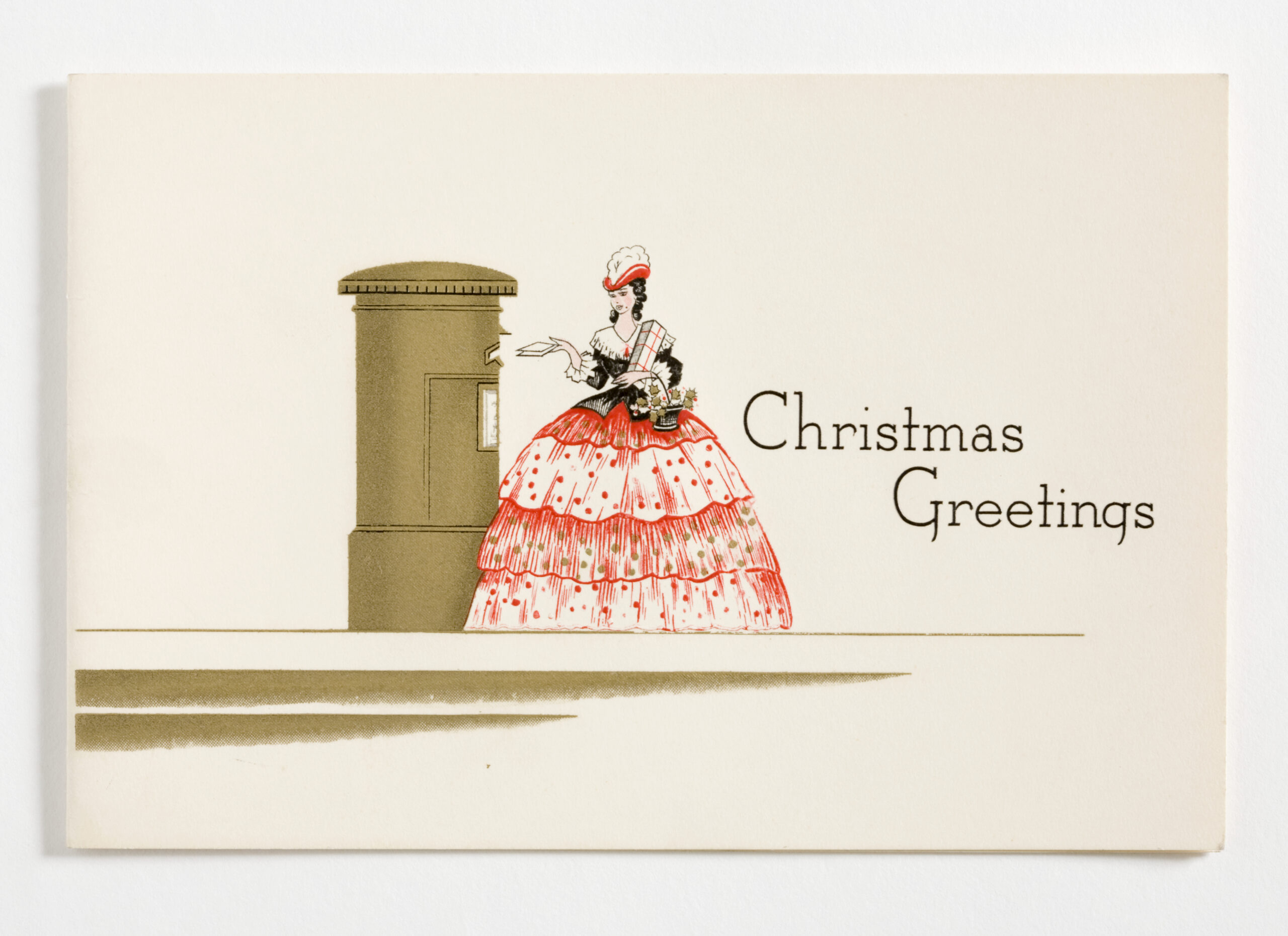
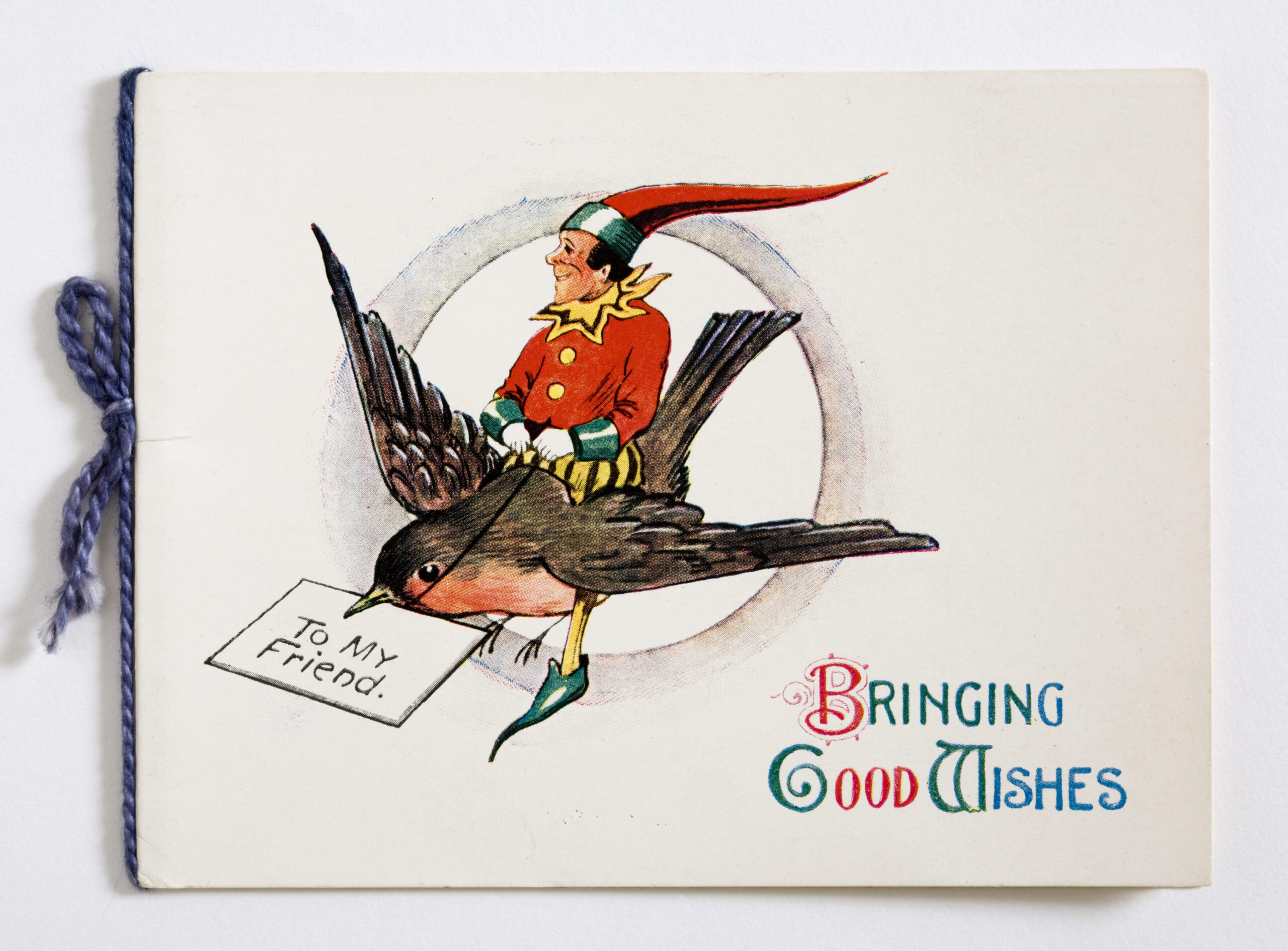

The commercialisation of Christmas
Christmas shopping is something of a national sport, with some people starting their preparation in the sales that follow the previous year’s festivities.
Victorian department stores pioneered the use of catalogues as a means of advertising to shoppers, encouraging them to buy more.
The practice continued into the 1900s, but has been swiftly overtaken with the rise of internet shopping.
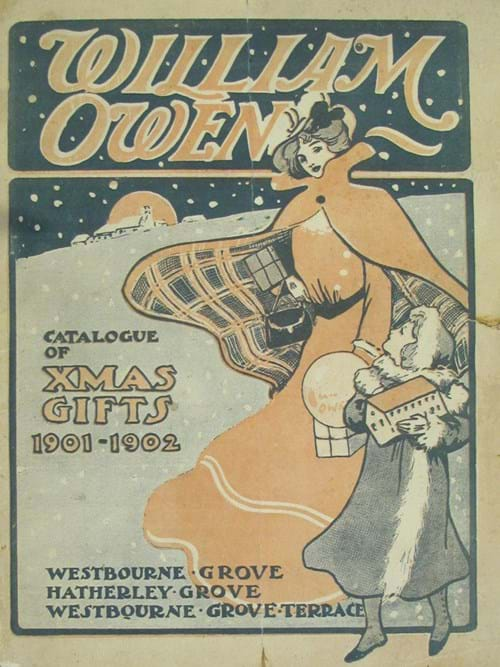
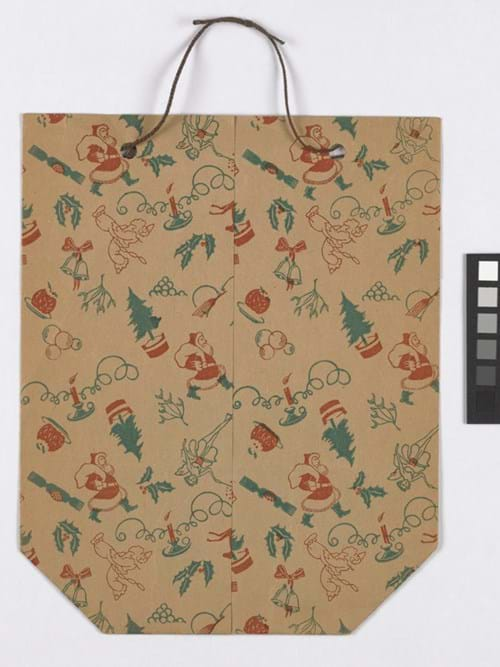
Discover more
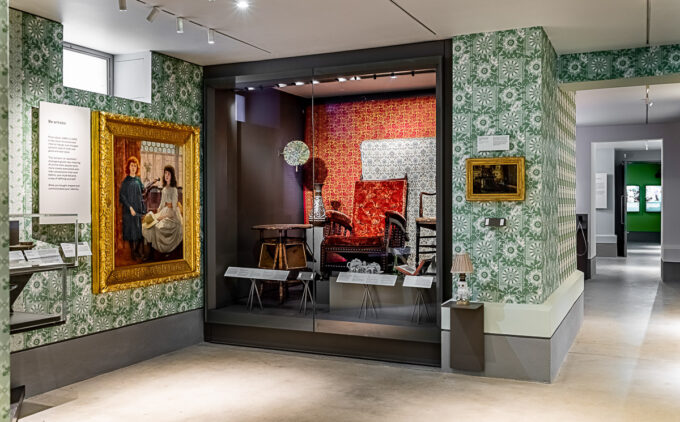
Home Galleries
Explore everyday experiences and ideas of home across the last 400 years.
Permanent
Free
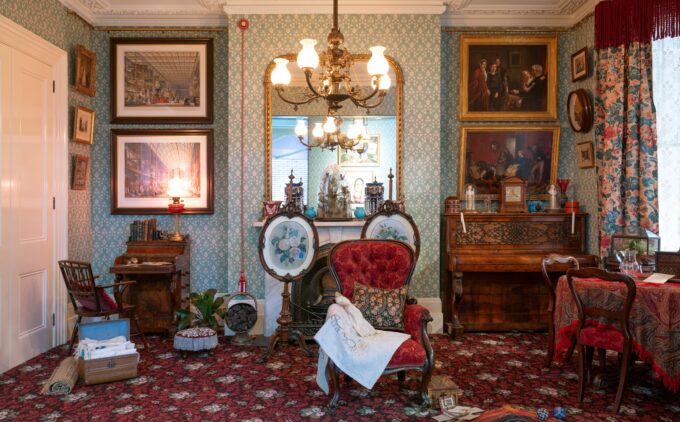
Rooms Through Time
How home life has evolved over four centuries.
Permanent
Free
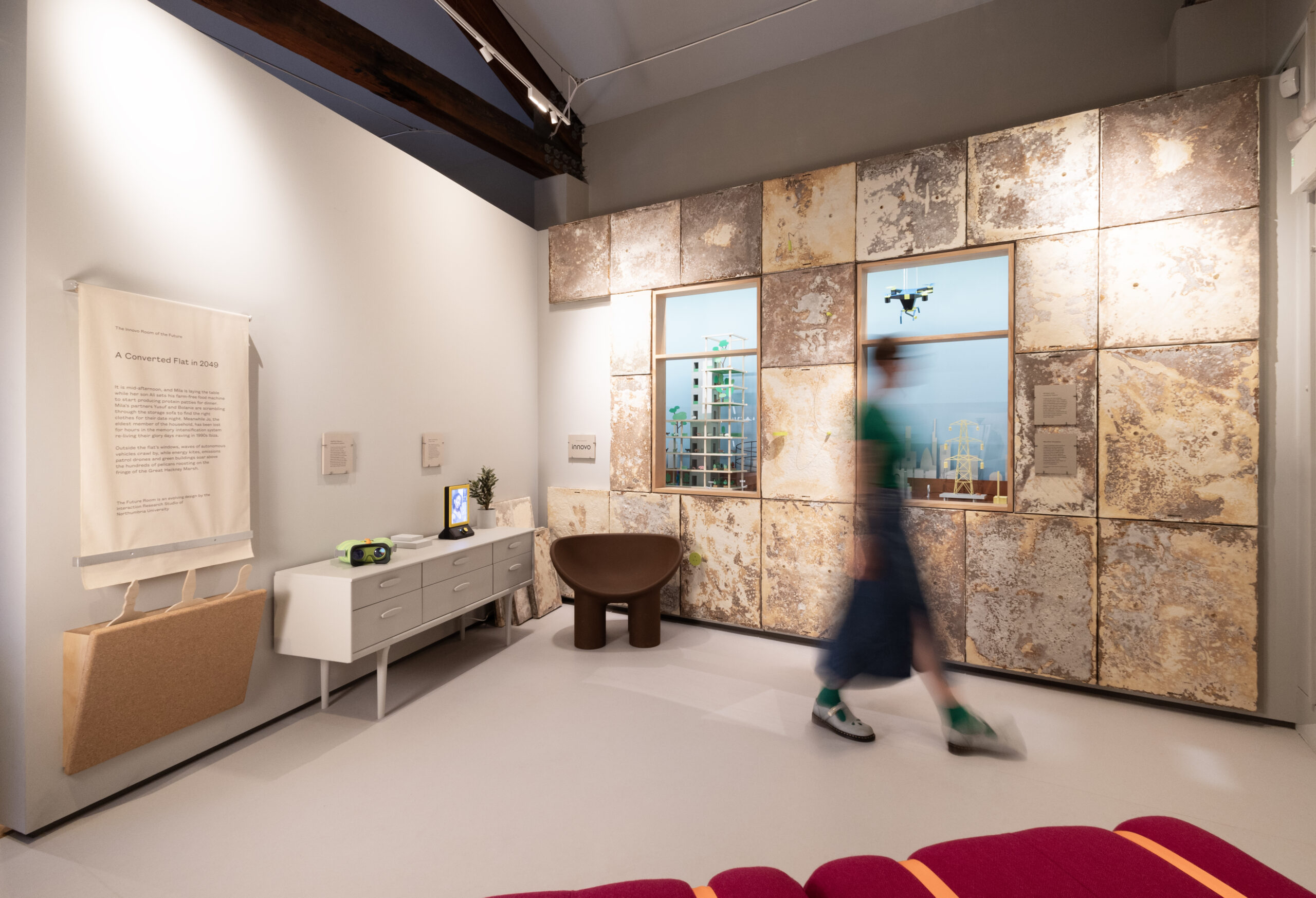
Keep in touch
Sign up to our monthly e-newsletter for the latest news, events and exhibitions.
